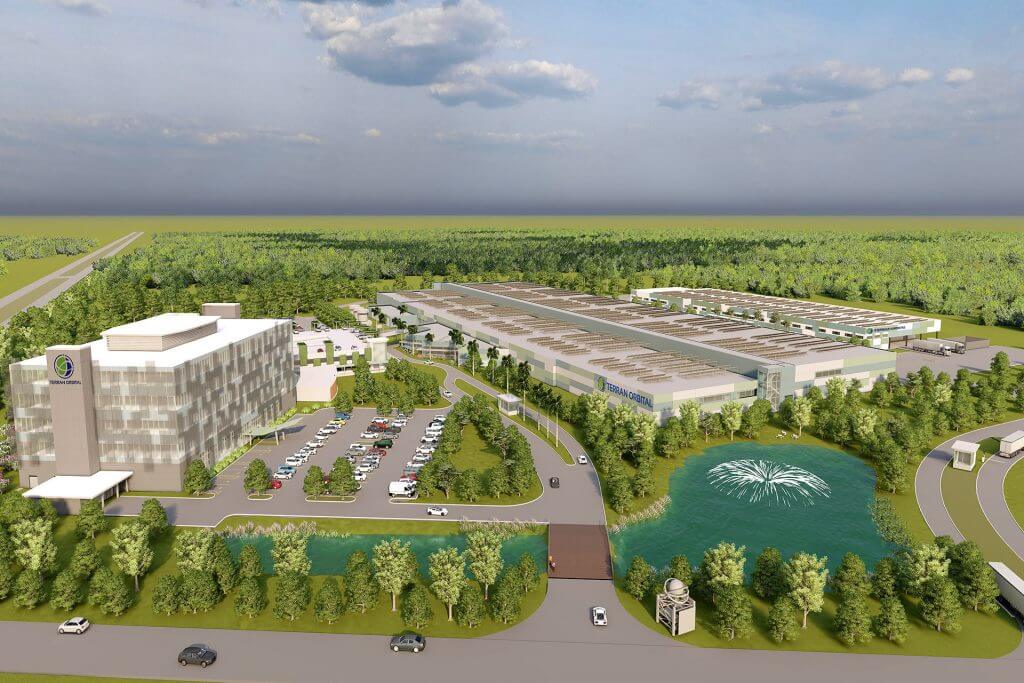THE SUNSHINE STATE’S EFFORTS TO LURE COMMERCIAL SPACE VENTURES BEGAN WELL BEFORE THE SUN SET ON THE SPACE SHUTTLE ERA.
When Terran Orbital was looking for a spot to build smallsats by the thousands, Florida offered the California company a $300 million financing package to open a massive new factory at Kennedy Space Center’s Launch and Landing Facility.
Terran Orbital, which is going public this quarter by merging with a special purpose acquisition company, expects to break ground this year on a 660,000-square-foot facility billed as the world’s largest. The state’s incentive package is likewise large, but the payoff could be huge: approximately 2,100 new jobs by the end of 2025.
“A lot of people are offering things like tax credits, which to a startup really means nothing,” said Marc Bell, Terran Orbital co-founder and CEO. “What Florida did was offer us a real financing package.”
Space Florida, the state’s aerospace economic development agency, is a heavyweight in the competition for space sector jobs.
Since it was established in 2006 to chart the Space Coast’s post-Space Shuttle future as a hub of commercial, civil and military space activity, Space Florida has helped facilitate “well over” $2 billion of investments across the state, said Dale Ketcham, Space Florida vice president for government and external relations.
In recent years, Boeing, Lockheed Martin, SpaceX, Blue Origin, Airbus OneWeb Satellites, Made In Space and others have established or expanded employment and facilities in Florida.
One of Space Florida’s most popular incentives for attracting businesses is conduit financing, where companies raise capital through tax-exempt municipal bonds to pay for property or infrastructure. Space Florida’s playbook also includes synthetic leases that can be recorded in financial accounts as an expense rather than debt, enabling companies to spread large expenditures over multiple years.
These sophisticated structures have existed for many years, but it “has only been in the last 10-15 years that we have had the opportunity to apply them to manufacturing and assembly facilities,” Ketcham said.
While some companies have considered moving to Florida and ended up elsewhere, Ketcham said no one has yet decided to leave the state after investing significant capital. Space Florida works to retain companies by focusing on talent recruitment and development, Ketcham said. “If we have the talent available and a strong academic and industrial capacity, the marketplace will continue to find Florida a compelling location.”
By 2030, Space Florida aims to have facilitated more than $10 billion in transactions to position the state for emerging space opportunities, including off-planet manufacturing, energy production and tourism.
“A lofty goal, no doubt,” Ketcham said. “But when we look back on how far and how fast we have come since the devastating impact of the Shuttle retirement, we are confident and aggressive about the future for Florida.”
This article originally appeared in the February 2022 issue of SpaceNews magazine.

